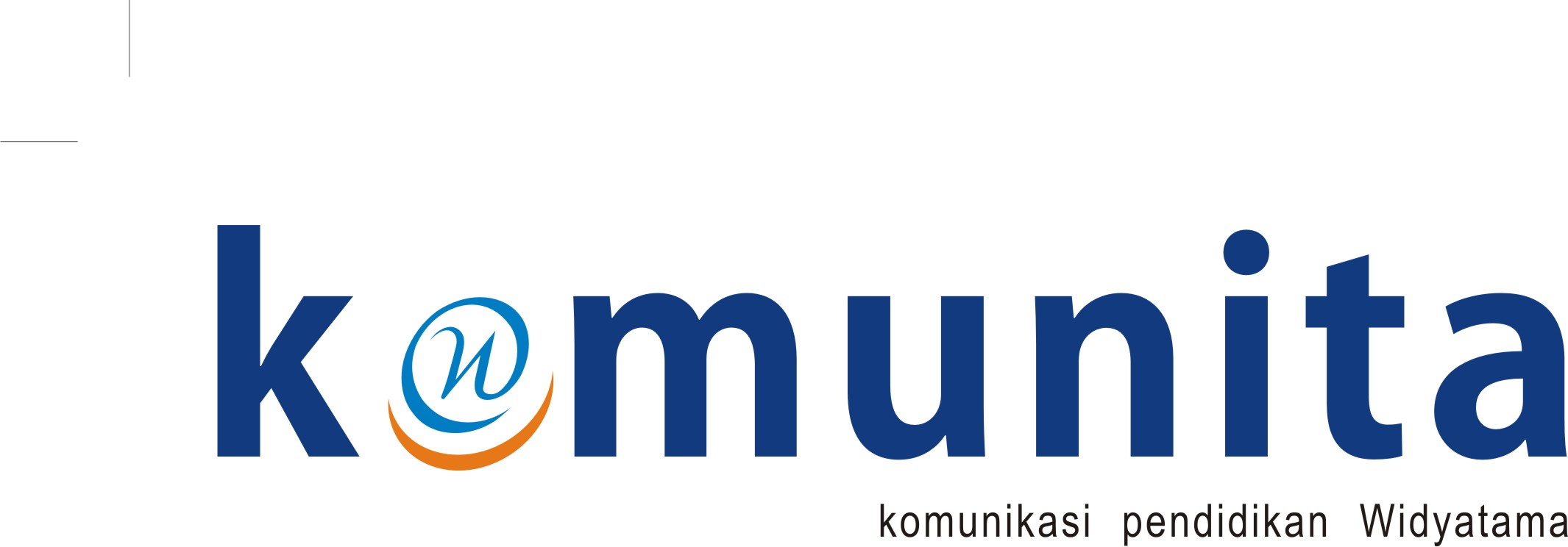The academic atmosphere in higher education is not merely about creating a comfortable learning environment—it encompasses a wide range of elements that cultivate a high-quality academic ecosystem. More than a supporting factor, the academic atmosphere serves as a fundamental foundation in shaping graduates who are both intellectually competent and morally grounded.
As articulated by Ernest Boyer (1990), Cox (2004), and the Indonesian Law No. 12 of 2012 on Higher Education, a true academic atmosphere is one that fosters quality, ethical, and innovative learning processes. It includes key elements such as adequate physical infrastructure, the upholding of academic values, the development of an intellectual culture, the protection of academic freedom, and constructive interactions among faculty members, students, and administrative staff. These factors work together to create an ecosystem in which the academic community can thrive.
In the absence of a conducive academic environment, the learning process becomes purely mechanical and transactional, failing to produce individuals who are not only intellectually capable but also strong in character and equipped to contribute meaningfully to society.
A robust academic atmosphere supports the advancement of intellect, creativity, and innovation in higher education. It encourages teaching, research, and community engagement while embodying a culture of free thought, innovation, and dynamic interaction between students and lecturers (Clark, 1983). Thus, fostering such an environment means not only enhancing intellectual capacity but also building strong moral character.
Developing a solid academic atmosphere requires a holistic approach, involving all components of the academic ecosystem—faculty, students, administrative staff, and university leadership. Higher education institutions bear the responsibility of producing graduates who excel not only academically, but also uphold high moral standards, professional ethics, and social awareness.
To realize this ideal, institutions must create an enabling environment—an ecosystem that provides freedom and support for academic staff to carry out the Tri Dharma of Higher Education: teaching, research, and community service. This includes policies that safeguard freedom of thought and expression, adequate support facilities like libraries and laboratories, and fair compensation for academic staff to ensure they can fulfill their duties with full dedication.
However, efforts to build a healthy academic atmosphere often face a troubling paradox: the tension between academic ethics and the economic, social, and cultural rights of lecturers. This paradox becomes evident when the demands of professionalism and ethical conduct clash with the lived realities of academic staff.
Numerous incidents have compromised academic integrity. A recent scandal at Lambung Mangkurat University (ULM) involving manipulation of the requirements for professorship highlights systemic flaws in faculty promotion and the quality of higher education in Indonesia. Similarly, unethical practices in proposing professorial titles have been flagged by the University of Indonesia (UI) and the Islamic University of Indonesia (UII). At the start of 2025, a doctoral dissertation submitted at UI was suspected of plagiarism—an act that undermines academic integrity and the university’s reputation. Although UI reviewed the matter and opted for educational intervention rather than retraction, this decision sparked criticism from parts of the academic community, including UI alumni who called for the dissertation to be annulled.
The Coalition for Academic Freedom (KIKA) reported 27 violations of academic freedom in 2024 alone, including student repression and manipulation of academic credentials. These cases underscore the ongoing ethical challenges across Indonesia’s more than 3,115 public and private universities.
Collective efforts are therefore crucial in fostering a culture of integrity and dignity in academia. Yet, the harsh realities faced by lecturers often hinder these ideals. Administrative burdens, pressure to publish in high-impact journals, and limited incentives for teaching create a dilemma for lecturers who must choose between upholding academic ethics and safeguarding their socio-economic rights.
This paradox becomes stark when we consider that academic ethics demand adherence to scholarly integrity—avoiding plagiarism, data fabrication, or manipulation; performing the Tri Dharma with sincerity and independence; and responsibly mentoring students, even under heavy workloads. At the same time, lecturers are entitled to basic economic, social, and cultural rights. These include fair wages, research funding, legal protection, health benefits, work-life balance, and the freedom to think, express, and contribute to knowledge without repression.
The imbalance between academic demands and faculty welfare is a key factor in the erosion of academic integrity.
So, what should lecturers do, having chosen this profession? Their role in the higher education system is indispensable. Therefore, in addition to maintaining a positive mindset, lecturers must also take positive actions. These include: upholding academic ethics collectively; optimizing access to their rights—economic, social, and cultural—by leveraging grants and advocating for policy change; adapting to global shifts by expanding research capacity and developing academic entrepreneurship skills; and pushing for academic reform to establish a fairer, more sustainable higher education system through policies that proactively balance academic responsibilities and educator welfare.
Moreover, the role of institutions and government is pivotal in ensuring that existing regulations are meaningfully implemented. Higher education reform must address the well-being of faculty, protect academic freedom, and develop evaluation systems that prioritize not only the quantity of publications but also the holistic quality of academic contributions.
In doing so, we can begin to resolve the paradox and allow universities to truly become centers of academic excellence. Higher education must not only produce job-ready graduates, but also individuals ready to contribute and drive meaningful change in the world. Wallahualam.
Vivat Widyatama, Vivat Civitas Academica, Vivat Indonesia, and our beloved Nusantara. (lee-@i)
Redaction – Lili Irahali

